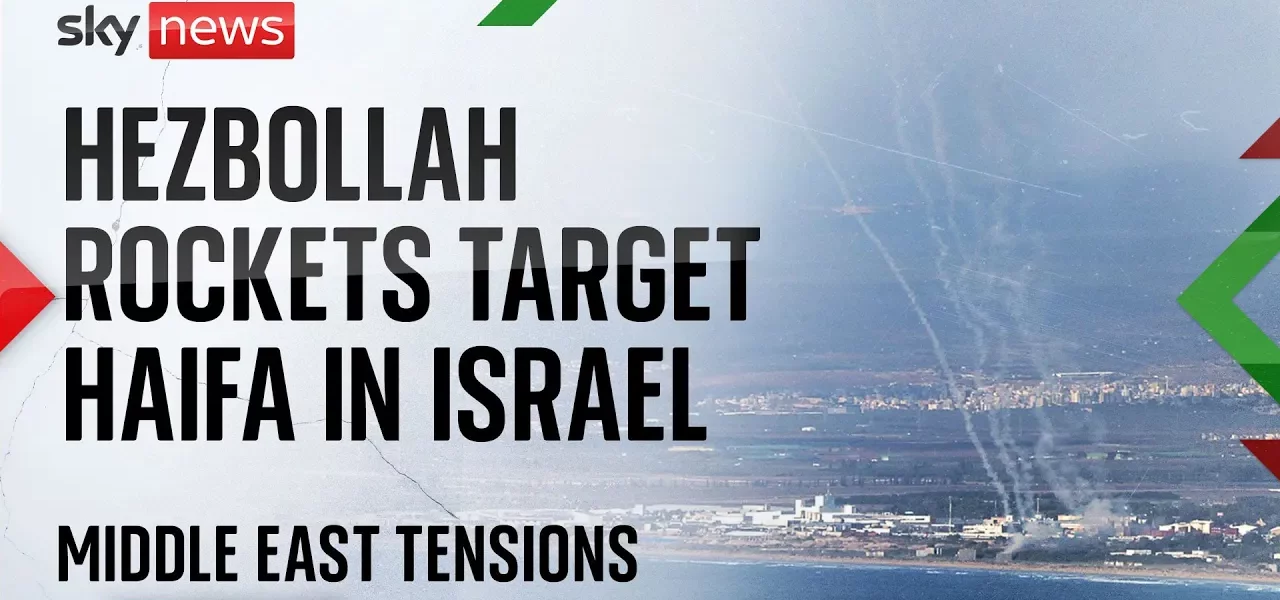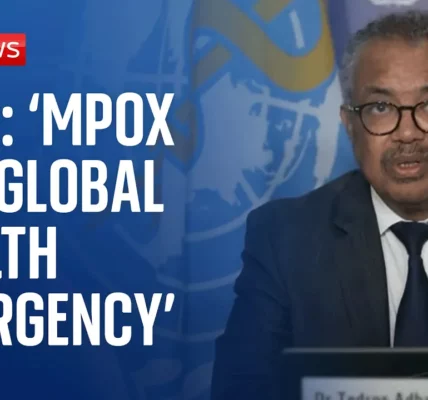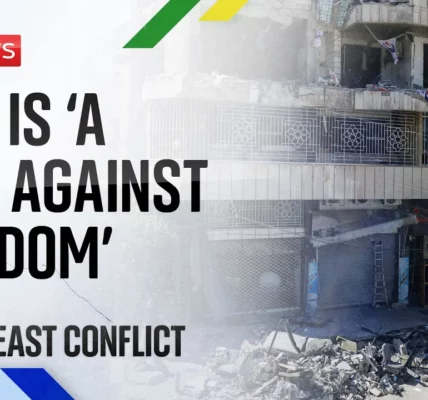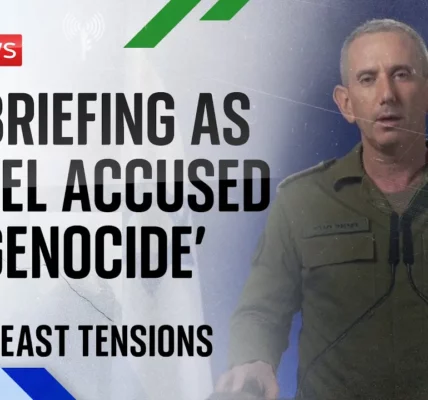Escalation of Conflict: Israel Strikes Hezbollah in Northern Israel

This article explores the recent military actions taken by Israel against Hezbollah, the implications for regional security, and the response from civilians and government officials. As tensions escalate, we delve into the details of the conflict, its historical context, and the potential for future developments.
Introduction
The ongoing conflict between Israel and Hezbollah has reached a critical point, with fighter jets conducting extensive airstrikes in Northern Israel targeting Hezbollah positions across the border. The situation has escalated into one of the heaviest bombardments witnessed during this war. This article provides a comprehensive overview of the current state of affairs, the military strategies employed, and the broader implications for both nations and the surrounding region.
Current Military Actions
Throughout the day, Israeli fighter jets have been actively engaged in aerial operations aimed at neutralizing threats posed by Hezbollah. The intensity of these strikes signifies a strategic escalation in the conflict.
Details of Airstrikes
The airstrikes have been characterized by:
- Targeted attacks on Hezbollah’s infrastructure in Lebanon.
- Heavy bombardment marking the most intense phase of the conflict to date.
- Operational focus on preventing potential large-scale attacks from Hezbollah on Israeli territory.
Response from Hezbollah
In retaliation, Hezbollah has launched missiles into Israeli territory, marking a significant escalation in hostilities:
- Missiles targeted areas including Hyer and parts of the West Bank.
- Most missiles were intercepted by the Iron Dome defense system.
- This marks the fourth wave of attacks within a single hour, highlighting Hezbollah’s sustained military response.
Government and Public Response
In light of the escalating conflict, Israeli Prime Minister Benjamin Netanyahu has issued a warning to the public regarding the complex days ahead. His address emphasizes the need for unity and compliance with safety protocols.
Prime Minister’s Address
Netanyahu’s statements included:
- A call for citizens to follow directives from the home front command to ensure safety.
- A plea for national solidarity amidst the ongoing conflict.
- An acknowledgment of the challenges that lie ahead for the Israeli public.
Impact on Daily Life
Life in Northern Israel has drastically changed, with many areas now under a semi-lockdown:
- Schools have been closed to protect students from potential threats.
- Local businesses have shuttered their doors, contributing to a quiet and eerie atmosphere.
- Public spaces such as beaches and streets remain largely empty, reflecting the heightened state of alert.
Historical Context and Future Implications
This current round of conflict is not an isolated incident but a continuation of a long-standing rivalry. For over 35 years, the region has experienced cycles of violence, each contributing to the complex narrative of Israeli-Hezbollah relations.
The Longest War
Many local residents describe this ongoing conflict as the longest war they have experienced, with a persistent hope for a resolution:
- Continuous military engagements have led to widespread fatigue among civilians.
- The need for a diplomatic resolution becomes increasingly urgent.
International Reactions
Global leaders have called for de-escalation and ceasefire, but these appeals appear to fall on deaf ears amid the ongoing violence:
- Calls for calm are met with skepticism by those directly affected by the conflict.
- Diplomatic measures must be backed by actionable strategies to be effective.
Conclusion
The situation in Northern Israel remains tense as military actions continue and civilian life is heavily impacted. The need for both immediate safety measures and long-term solutions is critical. As we monitor these developments, it is essential to recognize the human cost of conflict and the importance of pursuing peace. For ongoing updates and in-depth analyses, stay connected with our coverage of international relations and security issues.
Read more about the history of Israeli-Hezbollah conflicts and stay informed on the latest developments in the region.
“`




